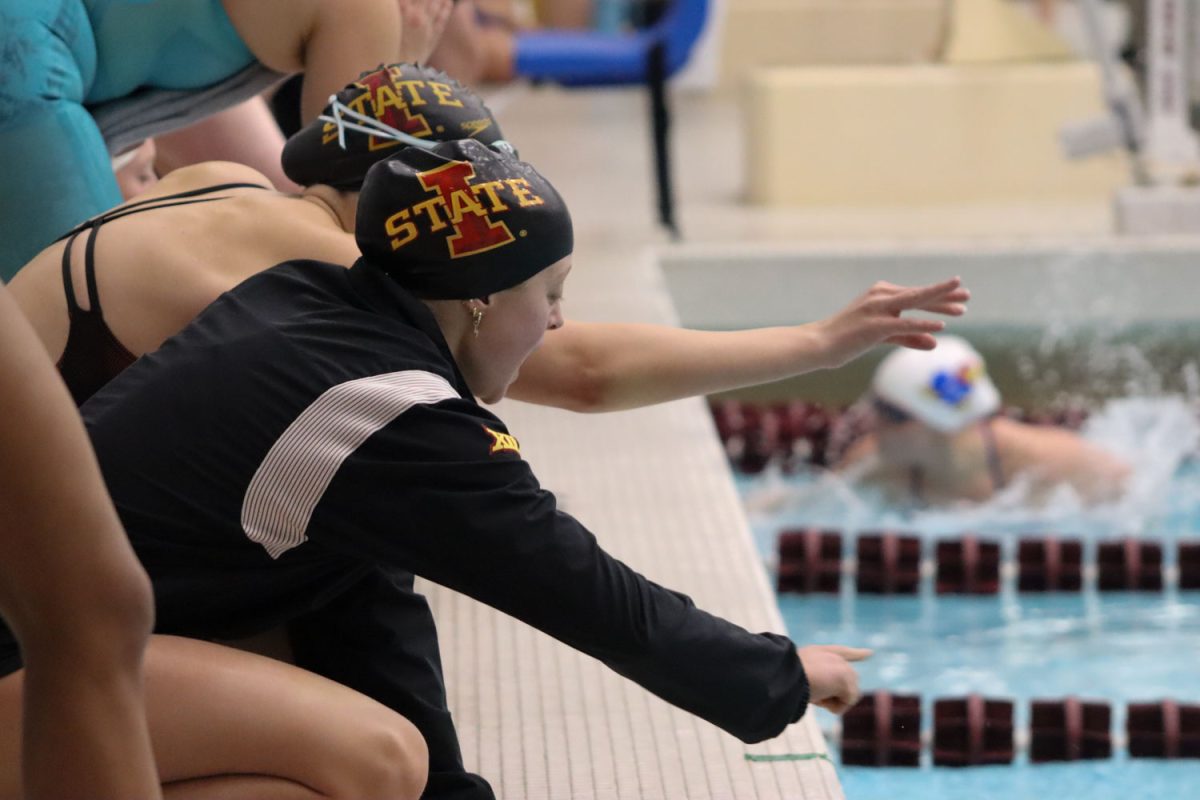ISU aims to quell software piracy
January 15, 1999
Sitting at his computer in his dorm room, Eric*, sophomore in electrical engineering, has thousands of dollars at his fingertips.
He isn’t playing the stock market or managing an online business — he’s downloading software he hasn’t paid for.
“Just point and click. Find a computer with the stuff you want and copy it into your own computer,” he said.
With more than a thousand computers on the ISU network, finding programs isn’t hard, he said.
Eric estimated he has more than $1,000 in illegally copied software on his hard drive.
He said the software may be found easily by searching computers hooked up to the network. The software owners have to “share” the folders with software for people to download it onto their own hard drives.
Commercial software can be downloaded on World Wide Web “Warez” sites. These sites are supported financially by advertisers who buy space on the high-traffic pages.
Copying or distributing commercial software violates both ISU’s Code of Computer Ethics and the state law. The university’s code states “users must not browse, access, copy or change private files without authorization.”
The code also states “users do not have the right to receive and/or use unauthorized copies of software or make unauthorized copies of software for themselves or others.”
Iowa law, under Chapter 716A.10, defines first-degree computer theft as theft that “involves or results in a loss of services or property of more than $10,000,” which is a class “C” felony.
Mike Bowman, assistant director of the Computation Center, said piracy usually is uncovered when somebody identifies a particular problem with the software.
“If it is the type of thing where somebody is making advertising copies of commercial software … and somebody comes across with suspicions of illegal activity, they can make the site known,” he said.
However, he said software theft is not a big problem at ISU.
“I guess in terms of my experience, it’s probably less of a problem now than it might have been a couple of years ago,” Bowman said. “There is a very few number of cases [of piracy].”
He said, however, students caught with stolen software by the university are issued a warning for their first offense.
Bowman said the university aims to quell piracy by educating users about ISU’s computer systems and ISU’s Code of Computer Ethics.
* Due to incriminating information, the fictitious name Eric is used for the sophomore in electrical engineering






